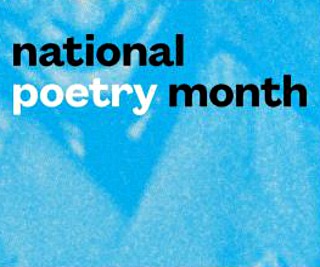2. Go For A Jog, Write About It After
Writing just about a jog isn’t the most exciting thing in the world, but if you go running outside chances are you’ll see other people out, pass by interesting places, or even see animals or other elements of nature that intrigue you. These are the kinds of things that can inspire any writer, and it’s a worthwhile idea to practice your observational skills anyway. Throw in the fact that exercise can chemically stimulate creativity as well, and it’s actually an excellent way to put yourself in a writing mindset. A quick jog and then a series of stories or vignettes about the things you observed while out can be an excellent daily, or at least near-daily activity.
3. Play Daily Fantasy, & Write Up Recaps
This is an idea that will make sense to a lot of people who play fantasy sports, because some of the leading sites have started writing automated recaps of contests. You can turn this into your own exercise by turning to daily fantasy, which involves a range of contest styles but more importantly runs every day. That means with each and every night you can have a contest to recap creatively, the way a sportswriter might do it. It seems somewhat random, but the idea is to have something fresh to discuss and shape into written thoughts on a daily basis. Plus, if you’re a sports fan at all, it’s quite a lot of fun to do.
4. Find Launch Points
One of the most common writing practices out there is to base your work off of somebody else’s (provided you’re not intending to sell that particular work of course). You might pick up a favorite book, open to a random chapter, record the first few sentences and then close it and continue the story your own way, for instance. That’s just one example, but wherever you can find these “launch points” for a story, you should give it a shot. At a certain point, repetition - the act of writing a story every day, no matter how small - is the best practice.
5. Try A Dream Journal
There’s a lot of pseudoscience behind remembering, analyzing, and recording dreams. You can try different ways of remembering your dreams though, and if any of them work you can simply start writing about your dreams in the morning. Waking up an extra 15 minutes early (easier said than done, of course) gives you time to write a few words about what you remember or what you think about it, or even to write a little story about it. This is a particularly fun exercise if you can make it work, because it’s almost like your own brain is feeding you prompts.
Really, it all comes down to creativity and resourcefulness. There are many ideas beyond these that can lead you to daily writing in a very effective way. Just be sure to keep that pen moving day in and day out, and you’ll become a better writer for it.











